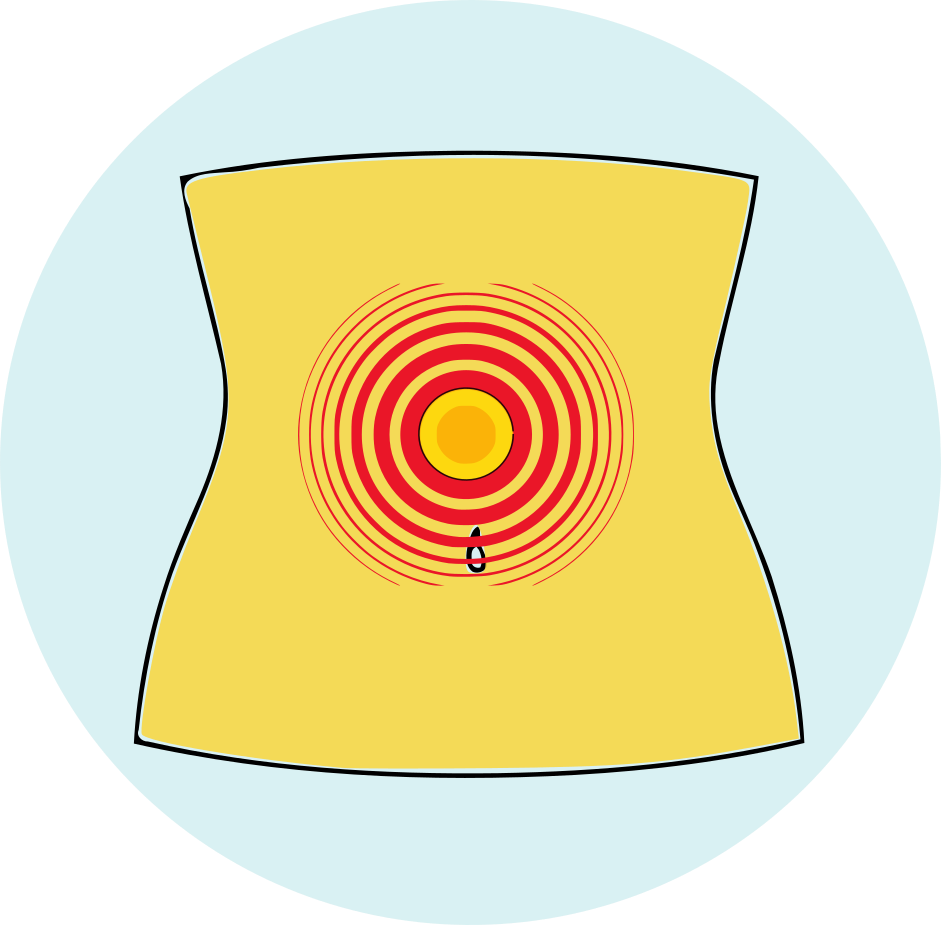| Name | Clavulanic Acid |
| Classes |
Antiinfective Agent Antibiotic Penicillin |
| Diseases |
Clavulanic Acid
Clavulanic acid is a beta-lactamase inhibitor. It irreversibly binds to beta-lactamases, which are enzymes produced by bacteria that can inactivate antibiotics. By inhibiting beta-lactamases, clavulanic acid protects beta-lactam antibiotics (such as penicillins and cephalosporins) from being destroyed by the bacteria. This leads to increased activity and efficacy of the beta-lactam antibiotics.
Clavulanic acid is used in combination with beta-lactam antibiotics to treat bacterial infections, including:
- Upper respiratory tract infections
- Lower respiratory tract infections
- Skin and soft tissue infections
- Urinary tract infections
- Intra-abdominal infections
- Bone and joint infections
The dosage of clavulanic acid will depend on the beta-lactam antibiotic it is being used with and the severity of the infection. It is usually administered orally, in the form of tablets or suspension. The dose and duration of treatment should be determined by a healthcare professional.
The most common adverse reactions associated with clavulanic acid use are gastrointestinal and include diarrhea, nausea, vomiting, and abdominal pain.
- Hypersensitivity reactions can occur, and patients should be monitored for signs of an allergic reaction, especially during the first dose.
- Clavulanic acid may cause liver damage, and liver function tests should be performed periodically during treatment.
- Prolonged use may result in the overgrowth of non-susceptible organisms, such as fungi. If superinfection occurs, appropriate measures should be taken.
- Clavulanic acid should be used with caution in patients with a history of gastrointestinal disease, particularly colitis.
- Clavulanic acid should be used with caution in patients with renal impairment, as it is primarily excreted by the kidneys.
Contraindication
Clavulanic acid is contraindicated in patients with a history of hypersensitivity to any components of the medication or to the other beta-lactams antibiotics-
None known.
Clavulanic should also not be used in patients with a history of cholestatic jaundice or hepatic dysfunction associated with clavulanic acid or amoxicillin use.
 Bangla
Bangla English
English








